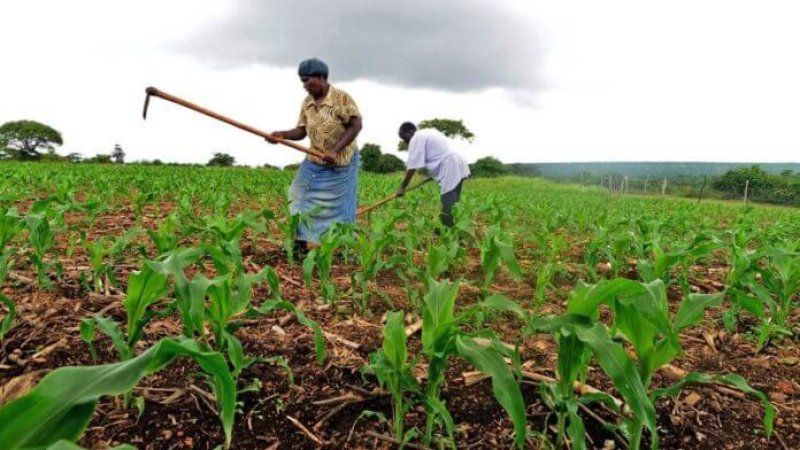Hunger and population outgrowing food supply have been an age-long issue. The English scholar and cleric, Thomas Malthus raised the issue in 1798 in his now famous Malthusian Theory of Population.
…
Malthus argued that because there will be higher population than the availability of food, many people will die from the shortage of food. He theorised that this correction will take place in the form of Positive Checks (or Natural Checks) and Preventative Checks. These checks would lead to the Malthusian catastrophe, which would bring the population level back to a ‘sustainable level’. Mankind has not allowed the Malthusian catastrophe to occur, but has continued to strive to apply scientific methods to boost agricultural production.
In spite of advances in the sciences; food insecurity remains a global problem.
However, experts say that if mankind embraces biotechnology, hunger would be conquered and there would be no fear of the Malthusian catastrophe as agriculture based on biotechnology is sustainable.
…
The productivity in genetically modified crops is estimated at between 7 per cent and 20 per cent higher than in traditional agriculture, and 33 per cent higher than organic crops. …
“What we are having is ignorance; that’s where education comes in,” [said Prof. Akinola] Hassan, a professor of genetics at Uthman Danfodio University, Sokoto, who described the campaign against genetically modified organisms (foods) as mere propaganda.
“GMOs don’t kill, they are not dangerous to health; the Federal Government is talking about green alternatives. They are saying that they want foods to be produced in safe manner; and that can be achieved through the use of GMO.”
Read full, original article: Boosting Food Security Via Biotechnology































